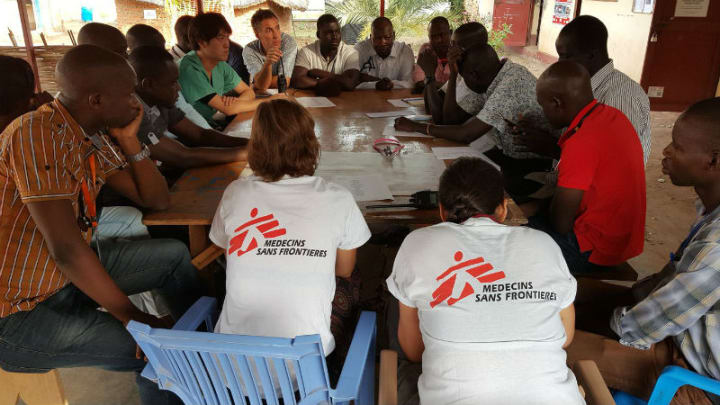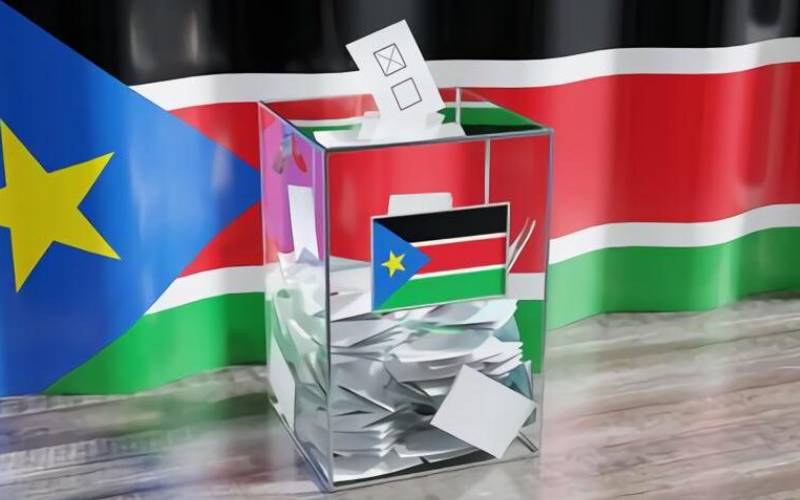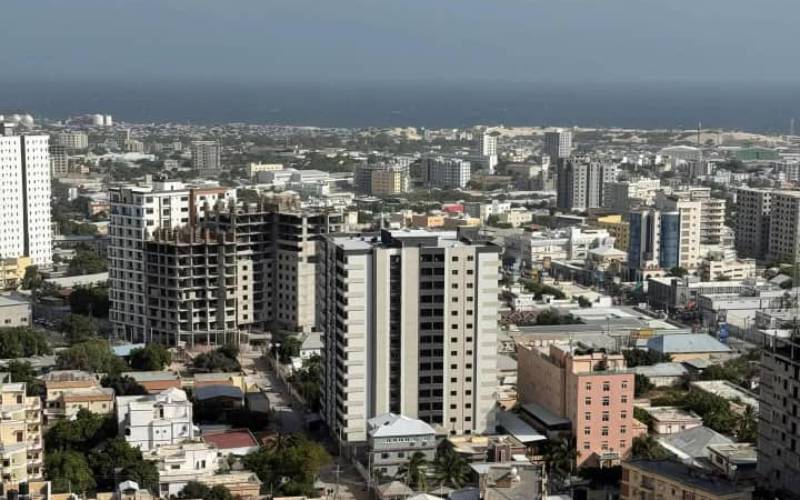By Wamaitha Nyoike
Africa’s young people are no longer dreaming about entrepreneurship. They have it handy. But are we selling them hope or hype?
In recent years, a new narrative emerged across Africa, envisaging a continent filled with bold vision, daring ambition, and youthful energy. Across Lagos, Nairobi, Kigali, Accra, and Johannesburg, the rhythm of innovation pulses through co-working spaces, tech hubs, and small roadside kiosks. The story of entrepreneurship is now hailed by governments, investors, NGOs, and social media influencers as the solution to Africa’s chronic unemployment.
But beneath the glossy headlines and TED Talks, a deeper question lurks: Is entrepreneurship truly the engine that will drive Africa’s economic renaissance — or is it just another buzzword masking systemic failures? From fintech disruptors in Nigeria to agritech innovators in Kenya and fashion entrepreneurs in Senegal, African youth are increasingly turning to business not just as a means of livelihood, but as a form of self-expression and empowerment.
The numbers seem promising. According to the African Development Bank (AfDB), nearly 22% of Africa’s working-age population is starting new businesses, the highest rate in the world. Incubators and accelerators are sprouting everywhere. Kenya’s "Silicon Savannah" is becoming a Launchpad for digital products used globally. Countries like Rwanda have streamlined business registration and offered incentives to entrepreneurs. The world is noticing it, with investment in African startups surpassing $6 billion in 2022 alone.
It’s easy to be swept away by the excitement. Over 60 per cent of the continent’s youthful population under the age of 25 is teeming with ideas, resilience, and creativity. In many ways, this is Africa’s moment. Entrepreneurship offers hope because it represents a break from dependency. Instead of waiting for a government job or foreign aid, young Africans are saying: “We will create our opportunities.” In places where institutions have failed, entrepreneurs are stepping in.
Take, for example, M-Pesa, a Kenyan innovation that revolutionised mobile money and financial inclusion across Africa. Or the story of Flutterwave, a Nigerian fintech company that’s helping businesses process payments across the continent. These are not just businesses; they are tools that have transformed how people live, trade, and connect.
Moreover, entrepreneurship empowers. It allows for autonomy, risk-taking, and dreaming big, qualities that young people across the continent are embracing. It fosters leadership, job creation, and often sparks broader social change. But for every success story, hundreds don’t make the headlines.
Africa’s entrepreneurial boom is happening in a challenging environment. Access to capital remains limited for most startups. According to the World Bank, more than 80% of African startups fail within their first five years, largely due to inadequate funding, poor infrastructure, and limited mentorship. Female entrepreneurs face even steeper hurdles, with only a fraction receiving investment.
There is also the uncomfortable reality that many are pushed into entrepreneurship by necessity, not by choice. With unemployment and underemployment soaring, especially among youth, starting a small business becomes the last resort. A street vendor in Kampala or a cobbler in Addis Ababa may technically be an entrepreneur, but is this the kind of “entrepreneurship” that builds wealth and transforms societies?
Governments often tout youth entrepreneurship as a solution, but seldom address the deeper structural issues, including a lack of industrialisation, fragile education systems, poor access to electricity, and weak social safety nets that make sustainable entrepreneurship difficult. In this light, promoting entrepreneurship without fixing these issues risks romanticising struggle and glorifying survival.
So, is entrepreneurship in Africa hope or hype? The answer is unpredictable. Entrepreneurship is a powerful tool for empowerment and economic growth. It has the potential to change lives and entire economies. But it cannot and should not be treated as a silver bullet. African entrepreneurship needs ecosystems, not just ideas. This means having strong institutions, access to affordable capital, fair trade policies, robust digital infrastructure, and effective educational reform.
Moreover, it means a culture that not only values innovation but also provides safety nets when things go wrong. It also means moving beyond buzzwords. Encouraging youth to start businesses without equipping them with the necessary skills, mentorship, or market access can be exploitative. Entrepreneurship is hard even in the best of environments. In many African countries, it's nothing short of valour.
Despite the challenges, there is a reason for cautious optimism. Youth across Africa are not waiting for permission to build their futures. They are innovating in agriculture, education, climate tech, fashion, and e-commerce. They are solving real problems, not just replicating Silicon Valley models. The rest of society, governments, banks, investors, and educators must do more than cheer from the sidelines. They must build roads, both literally and figuratively. That’s what young Africans need to succeed.
The African Dream isn’t about emulating the West. It’s about creating a model of development rooted in the continent’s unique strengths, culture, and resilience. If entrepreneurship is to be the engine of that dream, it must be supported with more than slogans. It must be grounded in reality and lifted by collective action.
Entrepreneurship in Africa is both a hope and a hype, a dynamic tension between potential and practicality. It reflects the best of African youth: daring, determined, and driven. But until the continent fully invests in its entrepreneurs, not just ideologically, but systemically, the dream may remain out of reach for many. Still, in the hands of Africa’s youth, even hype has a way of turning into history.












